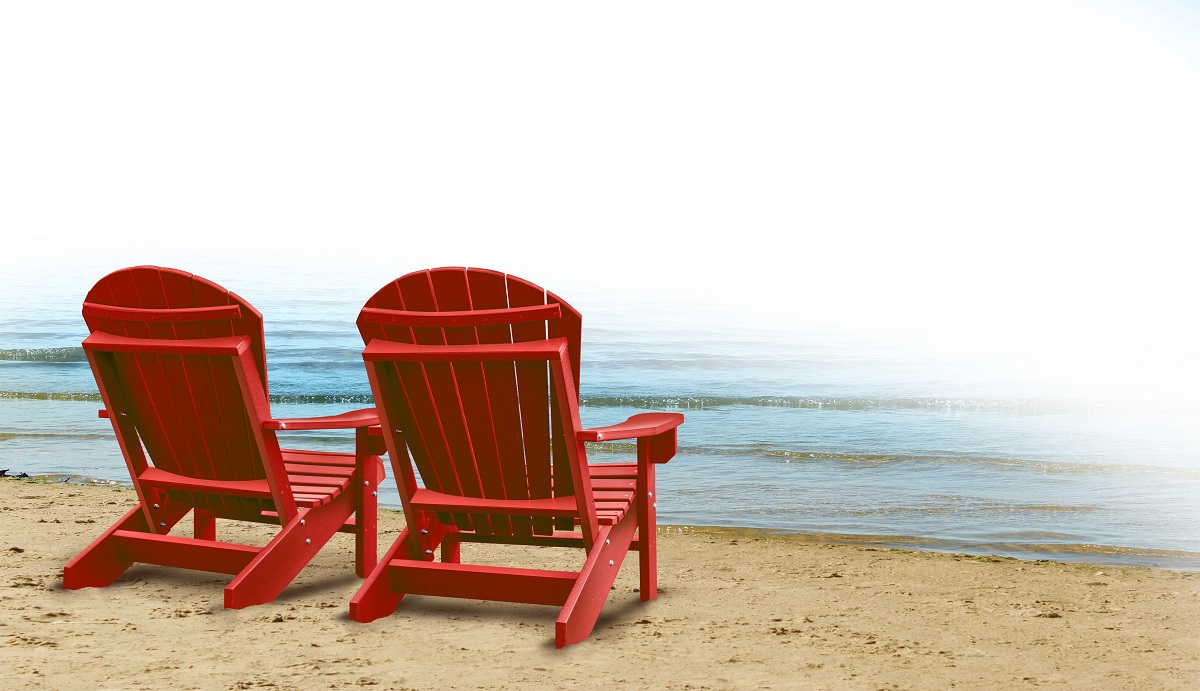Disclaimer: The Lifestyle Elf. This site provides fashion and lifestyle content for informational purposes only.
Vacations are supposed to refresh and relax you and give you a much-needed boost. But if you find yourself longing for another break as you make your way home from the airport, it could be a sign that changes have to be made before hitting the road for your next trip.
I know it sounds a bit ridiculous. We go on vacations to avoid work, and having to prepare for one sounds perversely counterintuitive. However, if we don’t take the necessary precautions, we might fall into the trap of dread and worry.
Let’s say you’re going on a seven-day trip. During the first two days, you might feel a bit out of place, and you’re thinking about things back home. Did I lock the front door? Did I forget to unplug the coffee maker? Meanwhile, the last two days are filled with the thoughts of having to go back home. That leaves only three days for actual enjoyment.
The point is you need to allow yourself to relax, and that means letting go of the things that worry you. Exclusive travel agents will book you a ticket and help you find a hotel, but the rest depends on you. With that in mind, here are a few tips for preparing yourself for a restful vacation.
-
Limit prep work to the essentials
Some people do extra preparation before flying out so that they don’t have to do a lot of work when they get back from their trip. It could be answering work emails, submitting last-minute paperwork, or even doing the laundry. However, all the preparation in the world won’t change the fact that there will always be work waiting for you when you get back.
The point of prep work is to ease your transition when you return from your trip. Doing the laundry or meeting with clients can be helpful before hitting the road, but that doesn’t mean that all your efforts will translate to reduced stress. If you find that all your preparation is only adding to your anxiety, consider only the essentials. That way, you only need to do what you feel is necessary, leaving the rest for when you return.
-
Disconnect from the world

Home and work demands might compel you to make yourself accessible, even if you’re thousands of miles away. But the point of a vacation is to disconnect from anything that stresses you out. When talking with your boss about your plans, make a generic promise but don’t mention anything specific.
People have to understand that your time is precious, and if you allow your boss or colleagues to email or call you anytime they want, you’re blurring the lines between work and life. Your work stops being your main priority the moment you step off the plane.
-
Prepare for delays
If there’s one thing you need to prepare for, it’s unforeseen delays. Your airline could lose your luggage. A thunderstorm could put a damper on your fishing plans. Life is chaotic, and anything can happen, but that doesn’t mean you should let it affect your trip. Think of your itinerary as a suggestion. If you can’t go fishing, then go to a restaurant instead. It also helps if you bring a book or download music on your phone so you can distract yourself when plans change.
Stop thinking of a vacation as a series of things you need to do, but as a holistic experience. Allow yourself to live in the present moment and to take in the world around you. There’s no such thing as pressure when on vacation, and anything you do will always be right for that moment. Lying on the beach can be as fun as spending a day at the market if you let it be.
-
Give yourself an assignment
Having all the time in the world to do anything you want can be a new, slightly unsettling experience. Many of us spend most of our time at work, where the pressure to be productive is real. That’s why some people find it difficult to relax when on vacation.
People often compensate by packing their itinerary with things to do. However, instead of enjoying the moment for what it is, you’re more focused on ticking off boxes and getting to your next destination. Instead, allow yourself one activity a day and make room for spontaneous experiences.
Relaxation is a conscious decision you have to make. The wrong mindset can ruin your trip and add to your stress. Hopefully, these strategies will help you better enjoy your vacation.

